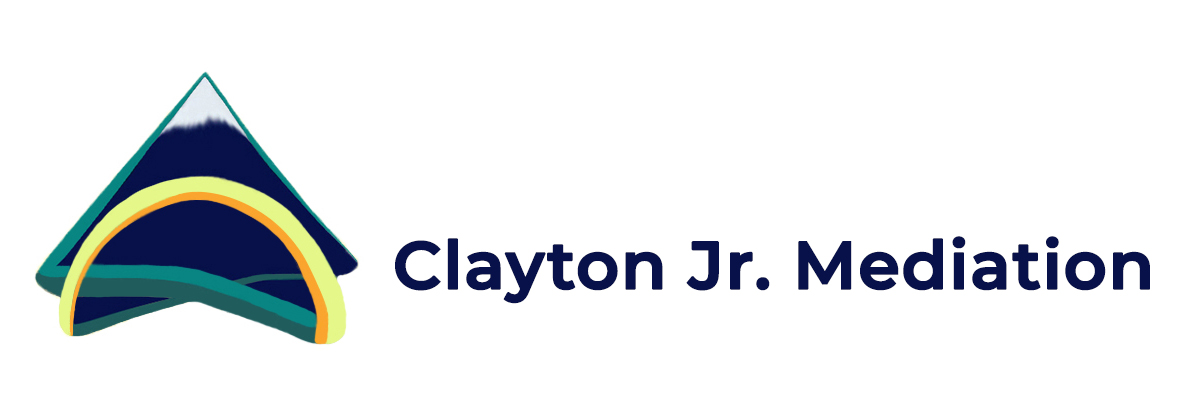
When we are thinking about a conflict, system, or group, it can be easy to overlook the factor of diversity. It would be inaccurate to posit that all humans hold the same beliefs about things or that we apply identical problem-solving methods. However, both directly impact the processes of project building, negotiation, and conflict resolution. Experience indicates a usual and significant variation in thinking-styles and preferences when we reference groups. What makes up individuality seemingly influences our perceptions and behaviors — these play a critical role in how we affect the world around us, including the other people in it. It is therefore vital that we foster new types of practices which are equipped to help us build better teams and to resolve conflicts more efficiently and effectively. The following writing highlights certain communication goals and strategies used to support the understanding of diversity — further, to help individuals and groups resolve conflict by giving rise to a cooperative and creative atmosphere that is conducive to greater productivity and commitment.
So, what then is the best role for a third-party facilitator when it comes to turning diversity into a useful mechanism for conflict resolution and group decision-making? With thorough examination, the answer to that question appears to be multi-faceted. For the sake of being concise, we’ve come up with a handful of goals worthy of consideration:
1. Get parties to identify shared values and interests.
This may be the crown jewel when it comes to developing trust and cooperation. It is tricky oftentimes because common ground may be hidden rather well or is flat-out narrow in margin. For example, if two people have differing ethical beliefs, it can significantly impact how each person may want to conduct their communications with the other. Potential areas of innovation and collaboration may be overshadowed by our impressions or feelings about those who hold differing viewpoints. We value honesty and confidentiality — sometimes honest-sharing gets can open up doors to trust and cooperation even when parties don’t see eye-to-eye while other times a lack of privacy can shut those doors. In some cases, it may be helpful to stay process-oriented with the substance or problem at hand rather than focused on the beliefs of the people involved. This can be accomplished when we target separate and mutual concerns. We ask, “what is the function and message of your group, or, what is the underlying major substance that varying interests are going after”? We follow this up by asking, “what methods can be used to mitigate roadblocks while moving towards satisfactory outcomes”? We believe in conducting a careful assessment of your situation in order to find the approach that works best. We work diligently and with adaptability — let’s see what can be uncovered.
2. Find a way that individuals can maximize their special skill-sets respectively.
The key here is to substantiate willing participation. We believe that accommodation and communication guidelines can often help participants to establishing trust and buy-in. Many disputes can be met with certain guidelines that yield greater perspective sharing, communicating respectfully, and problem-solving. The proper upkeep of these critical precursors is our focus. This is because they are important to creating individual legitimate stakeholders — this is a important place to start when it comes to idea building and teamwork. Most of us are connected to at least some chaos in our external world. Groups are challenged to find creativity and collaboration even at the highest levels of decision-making. We are devoted to introducing meaningful approaches to help with such challenges.
3. Develop leadership for the days ahead.
We ultimately want to empower individuals. In our view, there isn’t much that should make a leader feel more honored than to see her or his supporters or devotees raise the bar above where they set it in the first place. Further, we feel that leadership is about getting every member involved and finding ways to utilize their respective strengths. Given the rapidly changing circumstances and growing diversity in both the political and cultural spheres of today’s modern world, effective and efficient leadership must demonstrate the ability to adapt quickly and foster cooperation. Our goal is therefore to maximize natural strengths and increasing member buy-in while utilizing creative, motivational, thoughtful, and flexible methods. Positive outcomes are often a result of strong communication, participation, and accountability.
We’re always on the lookout for major potential obstacles. Here are two major ones to think about: influence and change. Oftentimes, we don’t realize when others (ourselves included) have changed perceptions, beliefs, or behaviors. For example, our past negotiation results may leave us feeling unsatisfied and influence us to recreate our style accordingly such to further our interests and needs. Maybe we’ve read or heard something very compelling that shifts a major value-centered belief that we once held. In short, we are free to change our mind. This is relevant here, for instance, because group norms and behaviors can bring about significant alteration and cause individuals to change their feelings about a situation or how they will interact. The current political stalemate in the United States marks the 19th government shutdown in the history of America, the first taking place in 1976. There are many signs around us highlighting that now is the time is to introduce new communication goals and strategies into our lives. With the strong influence of dissonance surrounding us on a daily basis, we must look to stay focused and evolve paradigms in the communication realm. Though, it would be unwise to underestimate the difficulty of such a task. Generally, we’re learning and adapting in an experimental field and time with no clear one-size-fits-all approach. We need each other if we are going to make progress – together we come and together we go. We are honored to have the opportunity to work with you to overcome the barriers that stand in the way of effective conflict resolution, collaboration, creativity, critical-thinking, and respect.
CJ Clayton Jr.
01/03/2019
Revised 01/05/2019
